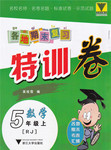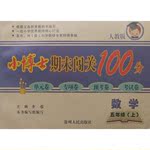题目内容
The lead singer was ill and couldn’t sing that night, and her __________ didn’t perform well, which made the audience disappointed.
A.latitude B.substitute
C.institute D.altitude
练习册系列答案
 各地期末复习特训卷系列答案
各地期末复习特训卷系列答案 小博士期末闯关100分系列答案
小博士期末闯关100分系列答案
相关题目
题目内容
The lead singer was ill and couldn’t sing that night, and her __________ didn’t perform well, which made the audience disappointed.
A.latitude B.substitute
C.institute D.altitude
 各地期末复习特训卷系列答案
各地期末复习特训卷系列答案 小博士期末闯关100分系列答案
小博士期末闯关100分系列答案